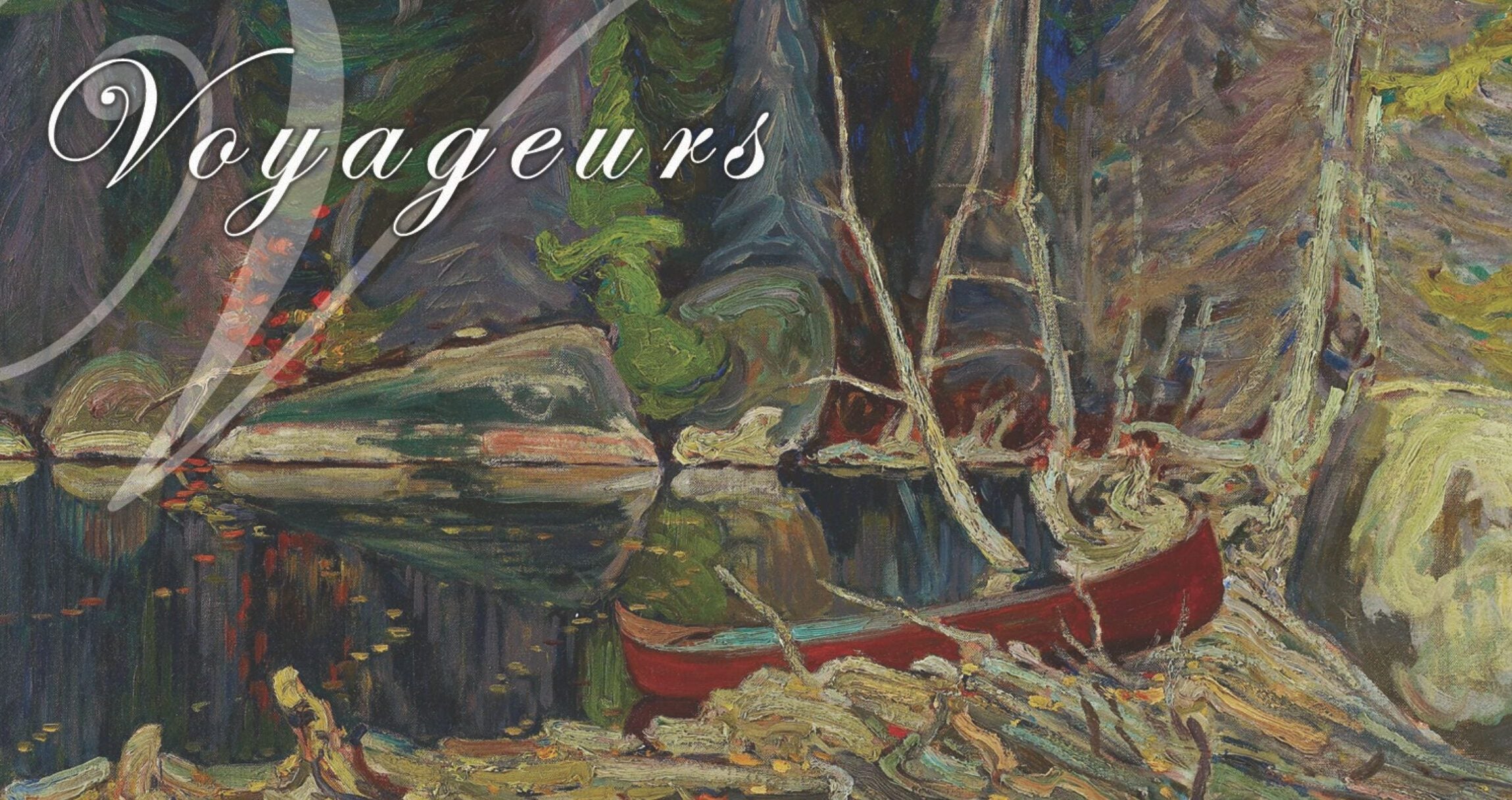Over the course of more than thirty years, Joseph Haydn had worked for three princes of the Esterházy family. The fourth one was a force to be reckoned with–and so was Haydn.
Prince Nikolaus II said that he liked music, but many musicians claimed that he didn’t know much about it. By 1794, when Nikolaus became the head of the powerful Esterházy family, Haydn had become one of the most famous and respected composers in Europe.
The prince was not impressed though.
Stay informed on the latest news
Sign up for WPR’s email newsletter.
It wasn’t that Nikolaus didn’t care for the arts; far from it. He commissioned famous painters and sculptors to redecorate his castle, and he brought in first-rate troupes of actors to entertain his guests. It was said that during a visit to Paris he had given composer Luigi Cherubini a ring worth four thousand silver dollars.
He was not so generous when it came to Haydn. The bottom line was that he didn’t much care for the venerable composer’s works. Although he was hardly straight-laced and had what one observer described as “a temple of debauchery,” when it came to music, the playboy prince confined his musical interests almost entirely to works written for use in church. So he preferred the writings of Joseph’s Haydn’s less gifted younger brother Michael.
In all likelihood he kept Haydn around as a status symbol, one upon whom he could force his musical tastes. But after enough goading, Haydn balked. On one occasion, when the Prince voiced an unfounded criticism during a rehearsal, Haydn blurted out, “Your Highness, it is my job to decide this,” to which the Prince responded by stalking out of the room, much to the horror of his more subservient musicians.
When the husband of Haydn’s niece ran up debts and the Prince’s administrator sent Haydn a letter expecting him to pay them, the beleaguered composer was in no mood to be subservient. That story follows….
Wisconsin Public Radio, © Copyright 2024, Board of Regents of the University of Wisconsin System and Wisconsin Educational Communications Board.





